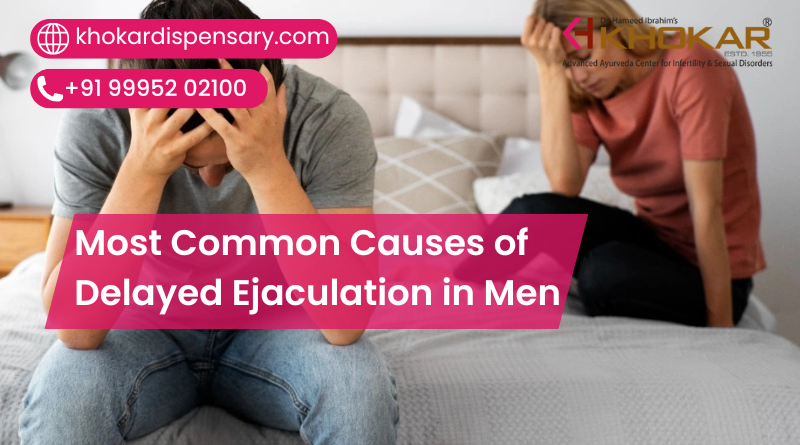
What is the Difference Between a Sexologist and a Gynaecologist?. When it comes to sexual and reproductive health, there are a variety of healthcare professionals that offer specialized care. Two common specialists are sexologists and gynecologists. While both focus on aspects of sexual health, their roles and expertise are quite different. In this article, we will explain the key differences between a sexologist and a gynecologist and when you should consult each one.
Understanding the Role of a Sexologist
A sexologist is a professional who specializes in the study and treatment of sexual health, behaviors, and dysfunctions. Their primary focus is on sexual wellness, offering guidance and counseling for individuals and couples dealing with issues related to sexual health. Sexologists often work with people who are experiencing problems like low libido, sexual anxiety, performance issues, or relationship difficulties.
Sexologists provide therapy to help individuals understand their sexual desires, improve intimacy, and resolve any sexual dysfunctions. They may also work with patients to address psychological factors that affect sexual health, such as stress, depression, or past trauma. Unlike gynecologists, sexologists do not focus on the physical examination or treatment of reproductive organs but instead offer emotional and psychological support.
What Does a Gynecologist Do?
A gynecologist is a medical doctor who specializes in the health of the female reproductive system. Gynecologists provide medical care related to menstruation, pregnancy, childbirth, and menopause. They also diagnose and treat conditions affecting the reproductive organs, such as ovarian cysts, endometriosis, fibroids, and STDs.
Gynecologists conduct routine check-ups, including Pap smears and breast exams, and may also provide advice on birth control, fertility, and hormone therapy. They also manage issues related to sexual health but from a physical and medical perspective. Unlike sexologists, gynecologists focus on diagnosing and treating medical conditions affecting the reproductive system, rather than offering counseling or therapy related to sexual wellness.
Related Post:
» Ayurvedic Remedies For Sexual Wellness In Men
» What is Sexual Disorder & Ayurvedic Treatment for Sexual Problems in Kerala
» How to Overcome Sexual Performance Anxiety
» Does Stress Can Cause a Low Sexual Drive
» How depression affects Sexual life
Key Differences Between a Sexologist and a Gynecologist
The main difference between a sexologist and a gynecologist lies in their area of expertise and approach. A sexologist is more focused on the psychological and emotional aspects of sexual health, offering therapy, counseling, and advice on improving sexual well-being. They work with individuals or couples facing sexual challenges, but their practice is not medical in nature.
On the other hand, a gynecologist provides medical care for the female reproductive system. They treat conditions, perform medical procedures, and offer advice on reproductive health. While gynecologists may address some sexual health concerns, they focus on physical health and medical treatments, rather than emotional or psychological factors.
When to Consult a Sexologist vs. a Gynecologist
If you are dealing with emotional or psychological sexual issues, such as sexual anxiety, performance issues, or relationship struggles related to intimacy, a sexologist is the right professional to consult. They can help you navigate these challenges and provide the tools you need to improve your sexual well-being.
If you are experiencing physical symptoms related to your reproductive health, such as painful periods, irregular cycles, or concerns about fertility or pregnancy, a gynecologist is the specialist to see. They can conduct exams, run tests, and offer medical treatments for any reproductive health concerns.
Choosing the Right Specialist for Your Needs
In conclusion, while both sexologists and gynecologists deal with aspects of sexual and reproductive health, their roles are distinct. A sexologist focuses on emotional and psychological aspects of sexual health, offering therapy and counseling. A gynecologist, on the other hand, is a medical doctor who specializes in diagnosing and treating conditions related to the female reproductive system. Understanding the difference between these two specialists can help you choose the right professional for your specific needs.
Social:
https://in.pinterest.com/pin/350788258497442084/
https://www.linkedin.com/feed/update/urn:li:share:7364232101925171200/




















